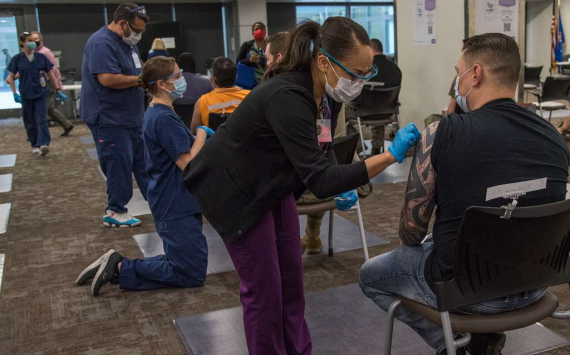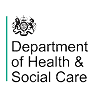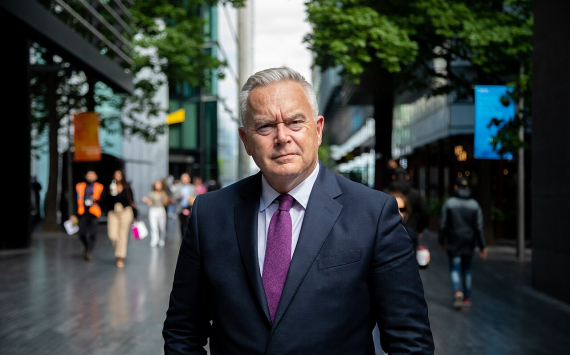
Nurses on strike
The first national strike by nurses will take place in the United Kingdom in late 2022. The BBC reported on Wednesday that health workers' unions in England, Northern Ireland, Wales and Scotland, including the Royal College of Nursing, which unites almost half a million health workers, have voted in favour of the strike.
The Royal College of Nursing (RCN) announced on Wednesday that nurses in many, but not all, hospitals and other NHS care places will strike before Christmas and may continue to strike until next May.
Pat Cullen, the trade union's general secretary, said its members working in emergency departments and providing care for critically ill patients would go to work during the strike. The strike is expected to affect about half of all hospitals and health centres in the United Kingdom.
The protesters' main demand is for higher wages amid record levels of inflation, which now stands at 10% a year and could rise to 12% by the end of the year.
The results reflect widespread anger among nurses at the government's refusal to increase a proposal it made in July to raise salaries by at least £1,400 to the estimated one million people working in the health service in England, a rise of between 4.5% and 5%.
Cullen urged Chancellor Jeremy Hunt to use his budget next week to come up with extra money to give nurses a much bigger increase and thus avert the prospect of a long dispute.
The lack of nurses to carry out the usual range of services will mean hospitals only offer the trimmed down level of care they normally provide at weekends or during bank holidays.
The RCN has not said when the first strike will occur. But it is likely to be in early to mid-December and will take place over two days, possibly Tuesday and Thursday, to show ministers the depth of feeling on the issue.
According to research carried out by London Economics, a consultancy commissioned by the union, nurses' pay has fallen by 20% in real terms over the past 12 years. This has led to a sharp rise in the number of nurses quitting, staff shortages in hospitals and a drop in the quality of care.
It is worth noting that the Department of Health and Social Care recognises the problem. In 2021, NHS salaries were increased by 3%, although other public sector workers' pay was not indexed due to the impact of the pandemic, a spokesperson said.










































